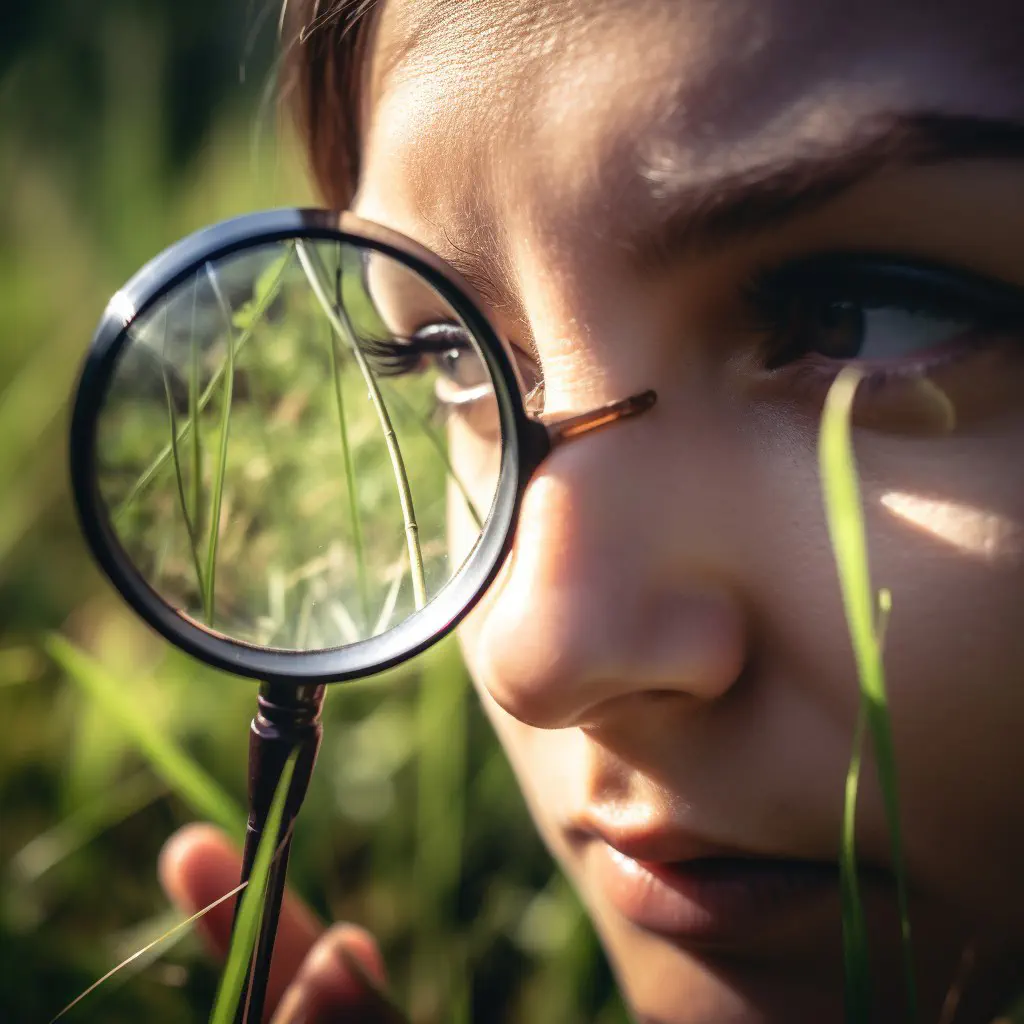
As the world continues to change at a rapid pace, the importance of intellectual curiosity and lifelong learning cannot be overstated. These qualities enable us to adapt to new situations, acquire new skills, and expand our knowledge base, which is crucial for personal and professional growth. In this article, we will discuss the significance of intellectual curiosity and lifelong learning and share strategies to foster these qualities for success in an ever-evolving world.
The Value of Intellectual Curiosity and Lifelong Learning
Intellectual curiosity is the desire to seek out, engage with, and learn from new experiences, ideas, and perspectives. This thirst for knowledge fuels lifelong learning, which involves the continuous pursuit of personal and professional development. The benefits of cultivating intellectual curiosity and lifelong learning include:
- Adaptability: The ability to learn and acquire new skills enables us to adapt to changing circumstances, both personally and professionally.
- Innovation: Intellectual curiosity drives us to explore new ideas and perspectives, fostering creativity and innovation.
- Continuous improvement: Lifelong learning promotes a growth mindset, encouraging us to view challenges as opportunities for growth and development.
- Increased job satisfaction and career prospects: Individuals who continually develop their skills and knowledge are more likely to enjoy their work and advance in their careers.
Strategies for Cultivating Intellectual Curiosity and Lifelong Learning
- Develop a growth mindset: Embrace challenges, persist in the face of setbacks, and view failures as opportunities for growth. This mindset encourages curiosity, resilience, and a love of learning.
- Engage in self-directed learning: Pursue learning opportunities that align with your interests and goals. Online courses, workshops, seminars, and professional development programs are all excellent resources for expanding your knowledge and skills.
- Join learning communities: Connect with others who share your interests and goals by participating in online forums, local meetups, or professional organizations. These communities can provide support, resources, and opportunities for collaboration and learning.
- Set learning goals: Establish clear, measurable goals for your personal and professional development. Regularly review your progress and adjust your learning strategies as needed.
- Learn from diverse sources: Expose yourself to a wide range of perspectives and sources of information. This can include reading books, listening to podcasts, attending lectures, and engaging in discussions with people who have different viewpoints.
In conclusion, intellectual curiosity and lifelong learning are essential qualities for personal and professional growth in our rapidly changing world. By cultivating these qualities, we can better adapt to new situations, innovate, and continuously improve ourselves. Embrace the journey of lifelong learning and discover the rewards it can bring to your life and career.

